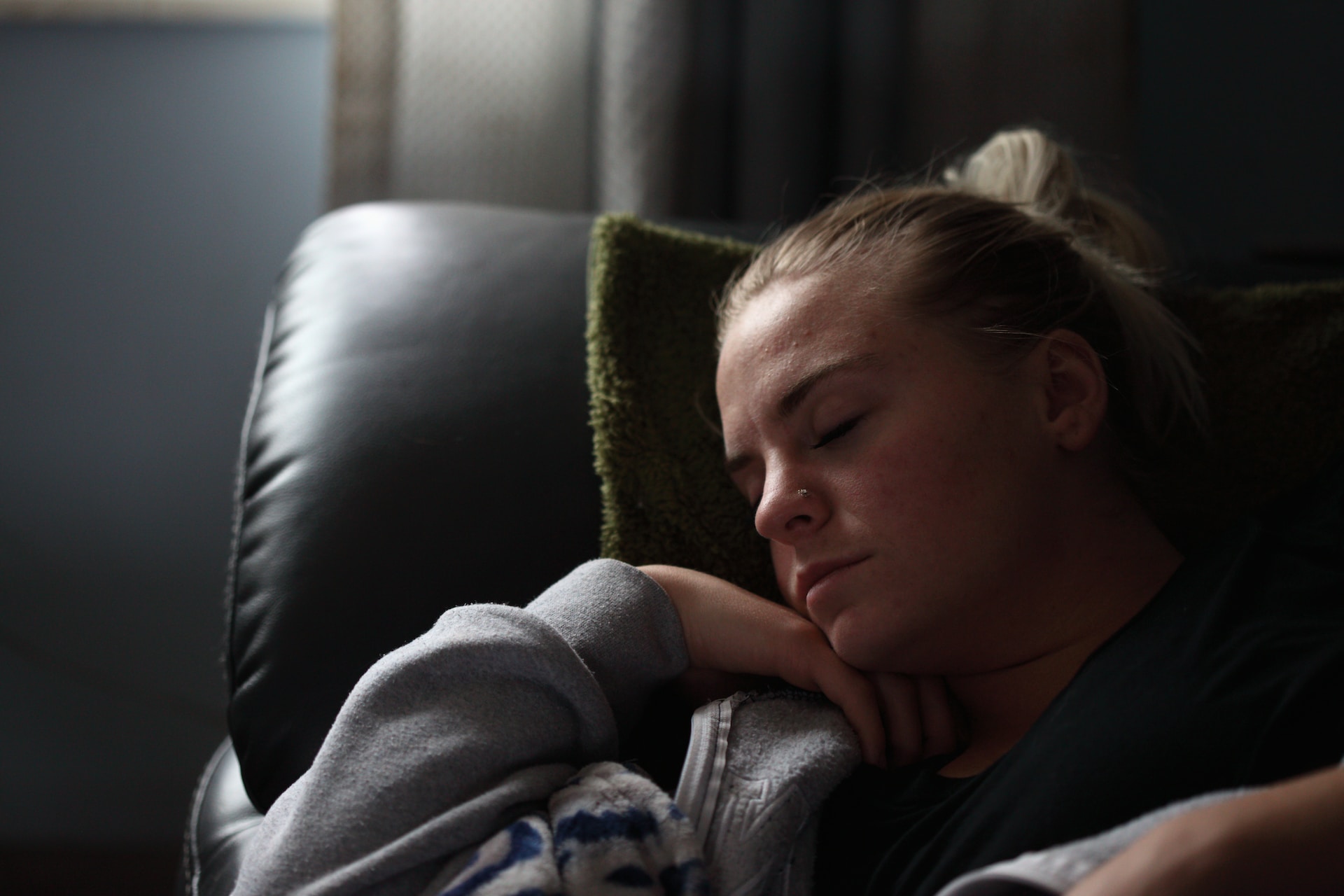Sleep is a crucial part of our daily lives, and we spend nearly one-third of our lives sleeping. Yet, many individuals struggle with getting enough quality sleep as a result of various factors like stress, anxiety, and poor sleep habits. However, one overlooked aspect affecting your sleep is not embracing your individuality.
What Is Individuality?
Individuality is the unique characteristics and traits that make you who you are. It includes your personality, beliefs, values, and even your sleep patterns. Everyone’s sleep needs differ, and there is no one-size-fits-all approach to getting better sleep. Embracing yourself means recognizing and accepting that your sleep needs and habits are unique to you.
How Individuality Affects Sleep
Sleep is influenced by various factors, including genetics, environment, lifestyle, and behavior. Embracing your individuality means recognizing how these factors affect your sleep and making adjustments that work for you. For example, some people are naturally morning people, while others are night owls. Trying to force yourself to wake up early when your body naturally wants to sleep may lead to sleep deprivation and other health problems.
Similarly, some individuals require more sleep than others. Adults should strive for 7-9 hours per night, but some people may need more or less sleep to function optimally. Some individuals may also have medical conditions or sleep disorders that affect their sleep patterns, including insomnia, sleep apnea, and restless leg syndrome.
Ways to Sleep Better with a Renewed Sense of Self
- Determine Your Chronotype: Identify whether you are a morning person, an evening person, or somewhere in between. This can help you determine the best sleep schedule for your natural sleep-wake cycle.
- Recognize Your Sleep Needs: Understanding your unique sleep needs is the first step in getting better sleep. Keep track of your sleep patterns with a sleep diary, including when you go to bed, wake up, and how you feel throughout the day. Use this information to identify patterns and adjust your sleep habits accordingly.
- Exercise Regularly: Physical activity has been shown to improve sleep quality. Do at least 30 minutes of moderate exercise most days of the week, but refrain from vigorous workouts close to bedtime.
- Manage Stress: Stress can significantly impact sleep quality. You can cope with stress by practicing relaxation techniques, engaging in physical activity, or seeking professional help if necessary.
- Create a Sleep-Friendly Environment: Your sleep environment plays a crucial role in your quality of sleep. Keep your bedroom quiet, dark, and cool. You may also consider getting a comfortable mattress and pillows that support your sleep position.
- Practice Good Sleep Hygiene: Good sleep hygiene includes habits and behaviors that promote better sleep, following a relaxing bedtime routine, and avoiding screens for at least an hour before bed.
- Seek Professional Help If Needed: If you still struggle to sleep despite making adjustments, consider seeking professional help. A sleep specialist can evaluate your sleep patterns and suggest treatments like cognitive behavioral therapy.
The Bottomline
Embracing your individuality means recognizing and accepting your unique sleep needs and habits. By doing so, you can make adjustments that work for you and improve the quality of your sleep. Bear in mind that good sleep is essential for your physical and mental health, and it’s worth investing the time and effort to get the sleep you need.
Overcome your bad sleeping habits by visiting Sleep Under Cover regularly. Whether you have insomnia or sleep apnea, our sleep website provides information and resources to help you improve your sleep hygiene and achieve better sleep.
Take advantage of our sleep tips, product reviews, and expert advice to optimize your sleep and wake up feeling refreshed and rejuvenated. Sweet dreams!
